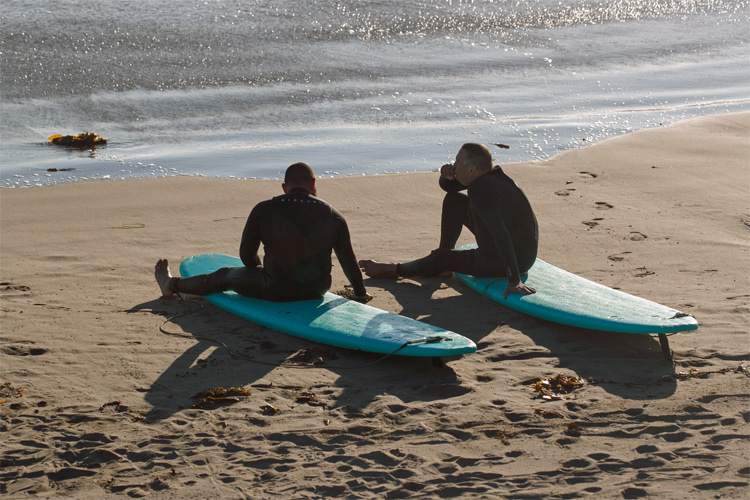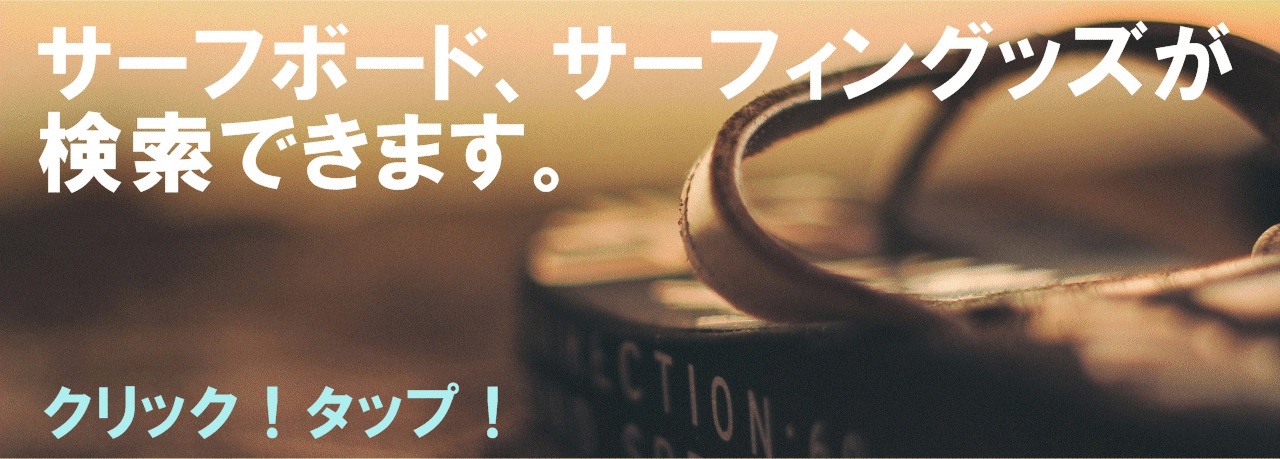Surf therapy improves the lives of veterans with PTSD

A recent study from San Diego State University (SDSU) found that riding waves may ease the hidden scars of war.
In a weeklong surf camp run by nonprofit Operation Surf, 41 military veterans with post-traumatic stress disorder (PTSD) wore fitness trackers and took standard anxiety, depression, and trauma surveys.
The results collected by Jonathan E. Ossie, a marketing lecturer at SDSU’s Fowler College of Business, were striking: average anxiety scores plunged 59 percent right after the surf week and stayed 30 percent lower a month later.
Depression ratings fell 44 percent after the week (p<0.01) and stayed 30 percent lower at 30 days.
PTSD symptoms dropped 38 percent immediately (p<0.01) and were still 35 percent lower after 30 days.
These gains were “statistically and clinically meaningful,” showing real improvement in mental health.
Who Took Part and How
The 41 participants were all U.S. military veterans (66% male, 34% female, average age 41.6) who had been diagnosed with PTSD.
Over six days (including travel), each vet went through twice-daily surf lessons at Avila or Santa Cruz Beach in California, along with yoga, group meals, and peer support.
Instructors worked one-on-one as needed, and evenings featured group reflection “recap reels” to build community.
Everybody wore a fitness band before, during, and after the trip to record heart rate variability (HRV) and sleep data.
Surveys used standard scales: the GAD-7 for anxiety, PHQ-8 for depression, and PCL-5 for PTSD symptoms.

Key Findings: Mood and Trauma
The headline results all moved in the right direction:
- Anxiety (GAD-7): Scores fell 59% right after the surf camp (mean drop 7.38 points, p<0.01) and were still 30% lower a month later (p<0.05);
- Depression (PHQ-8): Scores dropped 44% immediately after (mean drop 4.94, p<0.01) and 30% lower at 30 days (p<0.01);
- PTSD symptoms (PCL-5): Ratings plunged 38% right after the week (mean drop 16.95, p<0.01) and remained 35% below baseline after 30 days (p<0.01);
- Heart & Sleep: During the surf week, average heart rate variability (HRV) – a stress/fitness marker – dropped 12% (from 41.94 to 37.05, p<0.05). Female vets saw 27% more deep sleep on the surf days (from 1.16 to 1.47 hours on average, p<0.05), but both their deep and REM sleep dipped slightly in the month after;
Each of those percentage drops comes from comparing each veteran to themselves before and after the camp (paired statistics).
For example, the average anxiety score (on a 0-21 scale) fell from about 12.4 (moderate anxiety) to 5.1 (mild anxiety) immediately after the camp.
In practical terms, 40% of vets had “severe” anxiety before surfing, but only 10% did right after (a 30% reduction).
Likewise, almost half of the participants started in the worst depression category; immediately after surfing, none were in the highest category.
The PTSD checklist showed similar shifts: 78% of vets scored above the clinical threshold for PTSD before the trip, but only 50% did right after (a 28% drop), and just 30% remained above the cut-off at 30 days (a 48% drop overall).
These big drops did not all wipe out stress – some vets still had symptoms – but the changes were statistically significant and clinically meaningful.
In other words, the improvements were both real (unlikely due to chance) and large enough to matter.
Notably, women showed faster initial gains, while men kept improving through the month after.
Female veterans’ scores for depression and PTSD fell more sharply immediately, whereas male vets kept chipping away at their PTSD scores (another 39% drop) in the weeks after returning home.
The researcher speculates this might be thanks to the strong camaraderie and follow-up social support (a private group chat and weekly Zoom check-ins) that kept participants connected after the surf week.

Monitoring Heart and Sleep with Technology
The wearable tech bands added an unusual twist to this study.
Heart rate variability (HRV) usually goes up when stress is low and the body is relaxed. In this case, HRV actually fell during the surfing days.
Experts say this makes sense because intensive paddling and excitement can temporarily lower HRV – the body is active, not restful. So, the dip likely reflects a good workout rather than worry.
Sleep data showed interesting sex differences.
On the surf days, women averaged nearly an extra third of an hour of deep sleep per night (a 27% jump), possibly due to the healing relaxation after long beach days.
However, the month after, their deep and REM sleep each declined slightly (15% and 18%, respectively) compared to during the camp.
No large sleep changes were noted for men.
The researcher notes that “flow state” experiences on the waves (complete focus and relaxation) might explain the deep-sleep boost for women.
Overall, the wearable biomarkers were supportive but secondary.
The heart rate and sleep shifts didn’t directly track the mood surveys – they were more proof-of-concept that devices like Whoop can capture real physiological shifts in outdoor therapy programs.
The main outcome remained the veterans’ own reports of feeling less anxious, depressed, or traumatized after surfing.

Why It Matters
Surfing as therapy has always sounded a bit mystical, but this study supplies hard numbers to back it up.
In the words of the author, the veterans saw “statistically and clinically significant reductions” in anxiety, depression, and PTSD symptoms after the surf week.
These gains suggest surf camps could be a powerful complement to traditional treatments, especially for those who might avoid therapy due to stigma or side effects of drugs.
Operation Surf itself advertises “the restorative power of the ocean and surfing as a form of wellness”, and now a scholarly study has validated that idea with data.
Of course, this was a small, open trial (no control group), so it doesn’t prove surfing is the cure for PTSD.
Still, the changes were so relevant that the researchers say it’s worth trying surf therapy on a bigger scale.
For now, the findings are hopeful for vets: Catching a wave may also help them recover from trauma.
Words by Luís MP | Founder of SurferToday.com


